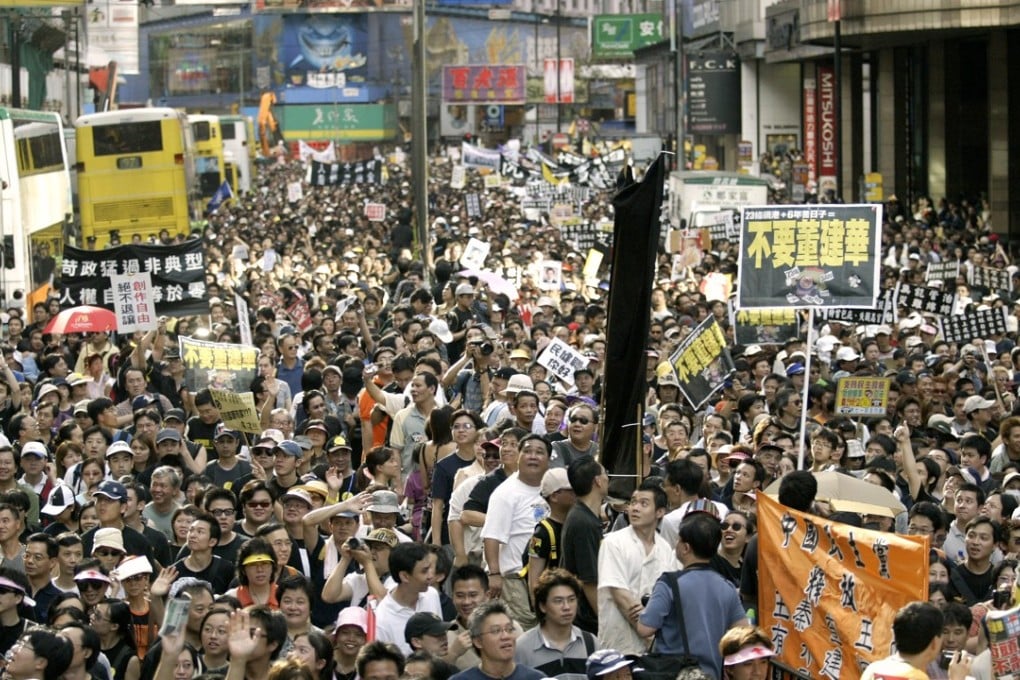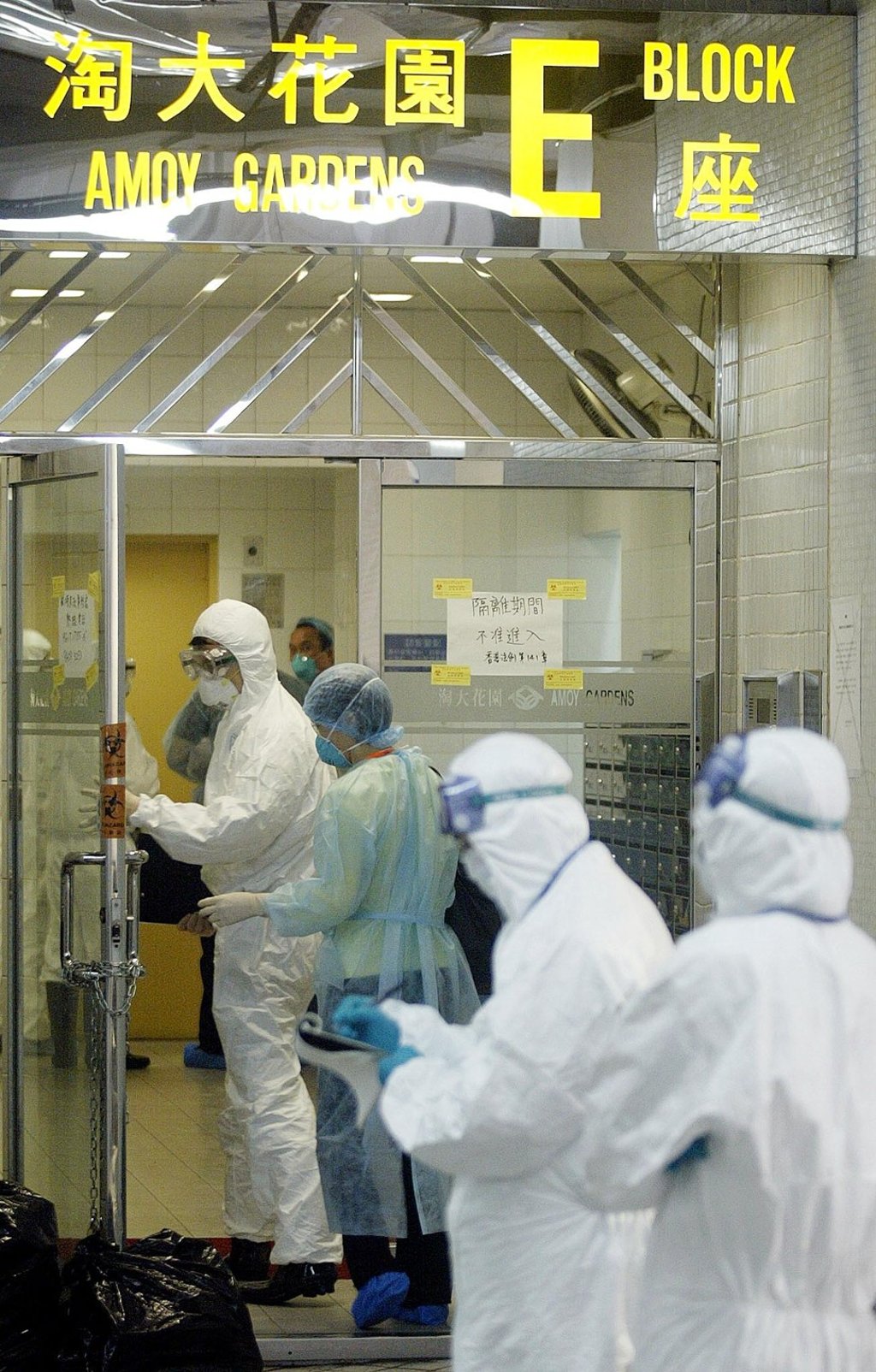Opinion | Enacting Article 23 national security laws in Hong Kong would be better than the current legal uncertainties
Rachel Cartland says Hong Kong needs to restart plans to implement national security legislation, given the government’s use of ad hoc measures against political figures

In the years since reunification, Hong Kong has disproved the gloomy prophecies and remained stable and prosperous, despite some social problems. On the other hand, there have also been misfortunes and mischances.
Of the past two decades, 2003 was undoubtedly Hong Kong’s most trying and momentous year. The early months were dominated by the outbreak of severe acute respiratory syndrome: a disease of unknown origin that killed almost 300, paralysed the economy, and made Hong Kong, for a time, an international outcast. Although people mostly responded well to the intense hygiene measures, there was an atmosphere of gloom and those who could fled to safer places.
Then, in the same year, with what might be considered gross insensitivity, the government decided to continue with its plans to implement Article 23 of the Basic Law and to introduce legislation to deal with treason, sedition, subversion and so on against the central government. This would have been a controversial exercise at any time but how much more so when the community was in such a febrile state.

To make matters worse, there was no proper public consultation on this complex, consequential initiative. An excuse that was heard was that ordinary people would not be able to understand these sophisticated proposals and should be bypassed. Not surprisingly, there were massive, though largely peaceful, demonstrations against the government.
